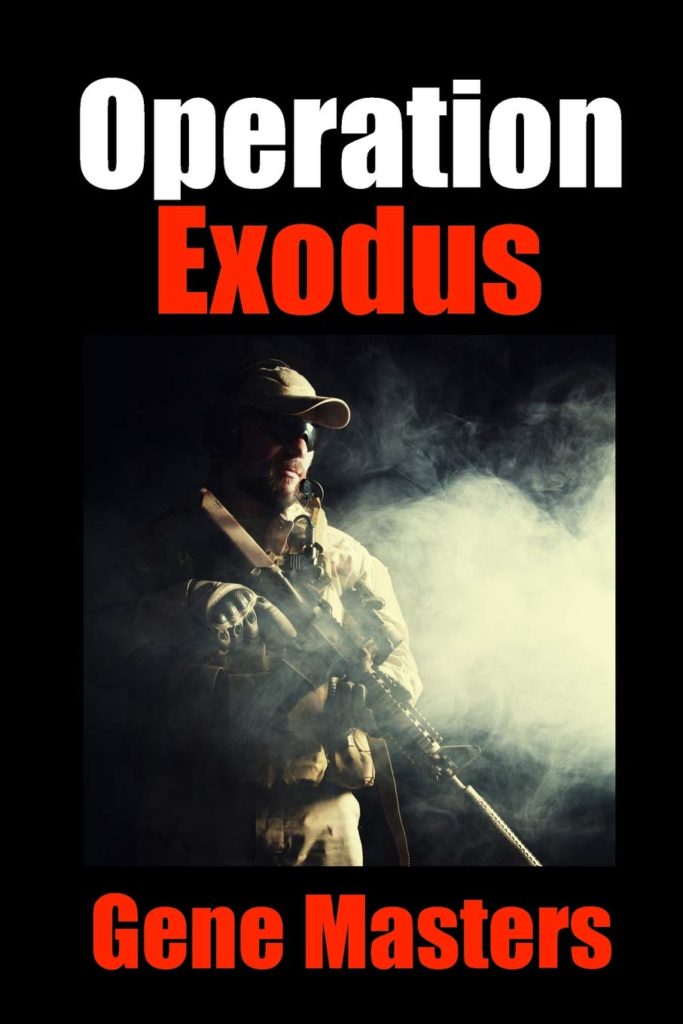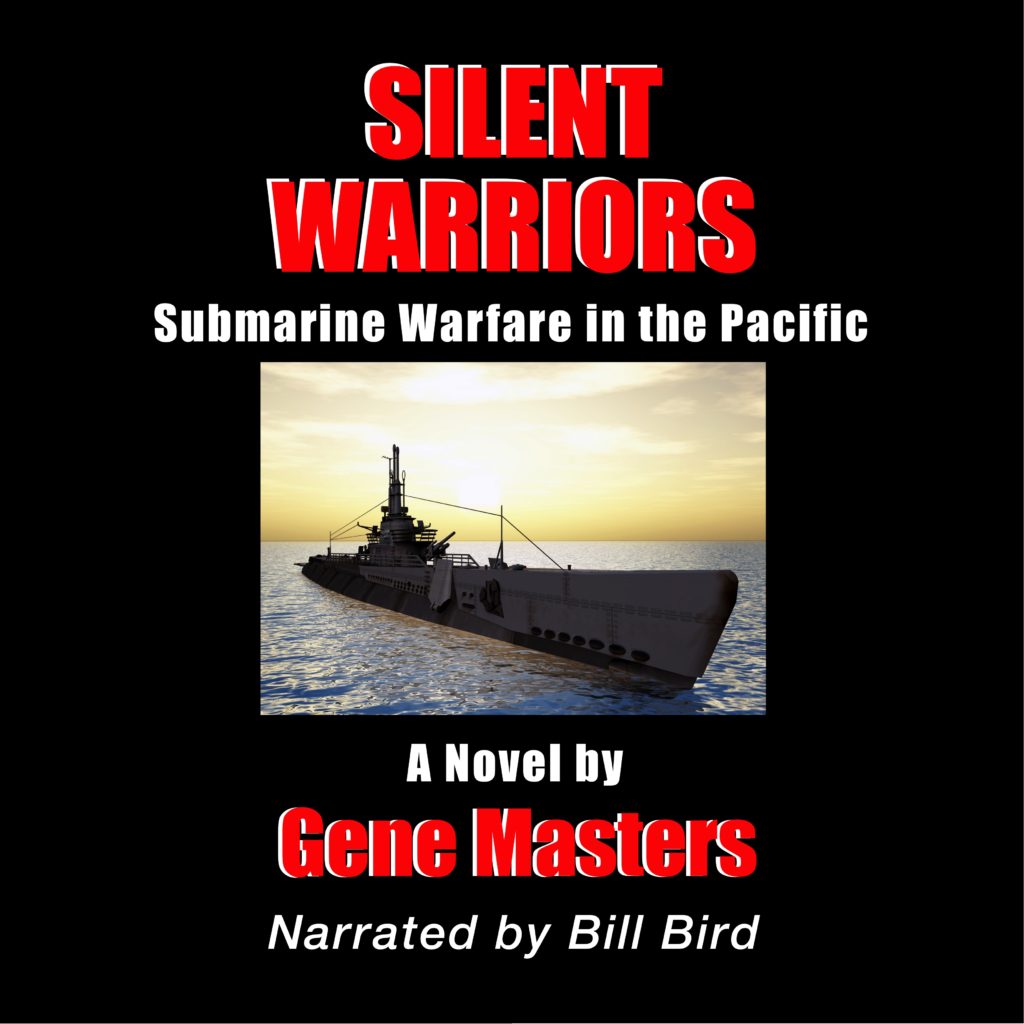Midday temperatures are in the 90’s these days in East Tennessee, and people (like me) tend to get lethargic. I suspect that the lethargy extends to one’s reading habits, or, at least, so it would appear with my readers! I would be lying if I said that book sales were going well; they’re not. “Operation Exodus” has been available in e-book and paperback since mid-May, and it hasn’t been exactly flying off the shelves. “Silent Warriors,” in contrast, continues to do well in both print and electronic media. What is really gratifying is how well the audio book version is doing. I suspect that the reason for that is the work that Bill Bird, the book’s narrator, has put into its production. I have attached, below, Bill’s backstory about the audio book production and his methods.
-Gene
| Audio Book Draws Inspiration from San Francisco Landmark World War II Submarine Service Production Features the Sound of War |
SACRAMENTO, CA: A new audio book about submarine service in the South Pacific during World War II contains audio sound effects that are modeled after clips that were recorded aboard U.S. Fleet submarines during the war, which have been digitized and preserved by the San Francisco Maritime National Park Association. The Association is home to the USS Pampanito, a Baleo Class submarine that served on six patrols during World War II. The Pampanito is a floating museum of wartime history, and is docked at Fisherman’s Wharf in San Francisco.
Silent Warriors: Submarine Warfare in the Pacific is written by Navy veteran Gene Masters, who uses a fictional ship, the USS Orca and a fictional crew, to recount ten war patrols that took place during the war. Citrus Heights audio book narrator and producer Bill Bird auditioned for the role in November of last year and was selected by Masters over several others who also wanted to narrate the book.
“Auditioning for the narration and production of an audio book is similar to trying out for a play or a role in a movie or TV series,” said Bird. “You submit your best work for an audition script that the author provides and hope the author and publisher like your style.”
Some audio book narrators and producers use sound effects to enhance audio book production efforts and Bird counts himself as a member of that group. Bird says he follows what the author writes. If the author writes about a scene involving the launch of a torpedo, a submarine surfacing or rising, he did his best to recreate actual sounds recorded during the war. Audio clips posted to the Maritime website helped a great deal in the re-creation of submarine service during the war.
“Many of these clips do not offer the kind of quality that today’s audio production efforts demand and had to be re-created in a studio setting,” said Bird. “The torpedo launch sound effect used in the audio book, for example, was created with a metal sink, banging plates, an electric hand mixer and a bubbling fish tank.”
Shipboard calls and commands recorded during and after the war were also painstakingly re-created through the studio process. The specific calls used in the audio book production include General Quarters, Plan of the Day, Relieve the Watch and others, are all based upon audio clips hosted on the Maritime website.
The audio book production effort led to the creation of more than 100 individual effects, some of which are used multiple times throughout the 28-Chapter novel, which runs for nearly 23-hours. Chapters involving Philippine guerilla soldiers traversing a jungle at night with American submarine crews who have landed commando teams or are rescuing downed pilots, utilize a “jungle specific” sound.
Specific locations in C-Bar-C Park in Citrus Heights were used for the final production effort for the creation of jungle-specific effects. Several locations are home to large flocks of birds that are quite noisy in the early morning hours. At night, after the sun has gone down, frogs, crickets and other insects take over. Using his iPhone to record activity during the day and at night, Bird produced the final “jungle sound” using an audio editing program. This effort was recently highlighted in a Citrus Heights Sentinel news report.
“Thankfully, we had a very wet winter, which also created a lot of natural sound opportunities like thunderstorms and rushing water,” said Bird. “There’s a specific location in C-Bar-C Park where a seasonal stream enters into a storm drain, which makes a tremendous racket during a downpour. Once the sound mixing is done, it sounds a lot like the BongaBong River on Mindoro Island in the Philippines.”
An audio clip of the final torpedo launch production has been posted on Bird’s Sound Cloud page and can be accessed at this link. He is also promoting the novel through multiple platforms and is offering promotional codes for a free copy of his audio book. They can be obtained by contacting Bird at tweetaudioproductions@gmail.com.
Bird said he took much longer than normal to produce the book as a tribute to his father, a veteran of World War II who was captured by German forces during the raid at Dieppe, France in August, 1942.
“My father passed when I was just a child,” said Bird. “I never got a chance to thank him for what he did. This is my small way of doing that.”
| TWEET AUDIO PRODUCTIONS is an Audio Book and voice production service located in Sacramento, CA. |


